A Colonial Revival is Built for Generations to Come
March 23, 2023
Formal on the outside, airy on the inside, this colonial revival is designed to welcome weekenders for generations to come.
Text by Marni Elyse Katz Photography by Peter Murdock Produced by Philippa Brathwaite
When Mark Finlay’s clients showed him a fully wooded property in Washington as a potential site for a vacation home, the Southport-based architect immediately gave his blessing. That said, he was as surprised as they were to witness the transformation once five of the fifteen acres were cleared. “The western horizon became part of the viewscape, with incredible sunsets,” Finlay says. “It was like creating something spectacular out of nothing.”
From there, Finlay started on the master plan, forecasting three generations into the future so the retreat could act as an heirloom passed down from one family to the next. “In earlier times, New Englanders started with a main house, added a wing when they had kids, and so on,” he says. “This is designed to expand in a traditional-looking manner, but it’s all thought about up front.”Construction on an ATV shed that sits between the pool house and the twelve-bay car barn—where the husband displays his impressive collection—is underway. “The shed is for the dirty vehicles,” Finlay laughs.
Understanding the homeowners’ desire for an absolutely solid, high-quality structure that would endure, Finlay connected them with Hobbs, Inc. It was smooth sailing. “The clients spent a lot of time with Mark, so by the time we came on board virtually everything was decided and well-organized,” project manager Toni Sand says. “Plus, we had a seasoned site superintendent who worked with them on potential upgrades when he saw opportunity.”
Adhering to the area’s architectural precedents and the clients’ predilection for symmetry and their desire for a home that would look as though it had always been there, Finlay designed a white clapboard colonial revival with a slate roof and dormer windows. “It could have been built at the turn of the century,” he says. “It has prominence and engages with the site, but it’s not ostentatious.”
Inside, however, it lives thoroughly modern, with gracious rooms that open one to the next. “We adapted the proportions of a historic colonial to a more modern home,” Finlay explains. “You circulate room to room as in an old house, but there’s a seamless flow with intuitive navigations and no dead ends.” Outdoor access is easy and plentiful, too.
In keeping with the exterior architecture, interior detailing is traditional: a paneled entry, a coffered living room ceiling, and classic cabinetry that will work for generations. Warm white walls and richly stained rift- and quarter-sawn white-oak floors are a dignified backdrop for interior designer Anne Chessin’s schemes of unfussy furnishings and thoughtful splashes of marine blue and aubergine. Statement-making, look-at-me moments are intentionally absent.
As such the interiors exude a sense of ease that makes the home feel inviting. “It’s elegant, but not stuffy,” Chessin says of the decor. “Contemporary and modern furnishings soften the formal architecture.” The pieces have polish—the cobalt blue sofas with channel-tufted backs in the living room; the giant ottoman with rounded corners and leather straps in the family room; the Danish-inspired walnut chairs in the breakfast area—but they’re also comfortable and durable. “Ultimately, the house is made for entertaining family and friends,” Chessin says. Even several generations into the future.
Project Team
Architecture: Mark P. Finlay Architects
Interior design: Anne Chessin Designs
Builder: Hobbs, Inc.
Landscape design: Highland Design Gardens
Share
![NEH-Logo_Black[1] NEH-Logo_Black[1]](https://b2915716.smushcdn.com/2915716/wp-content/uploads/2022/08/NEH-Logo_Black1-300x162.jpg?lossy=1&strip=1&webp=1)


















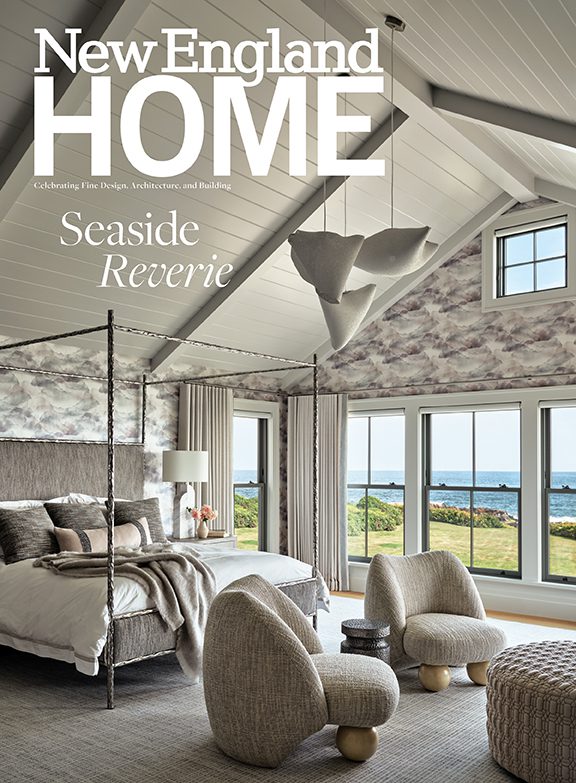
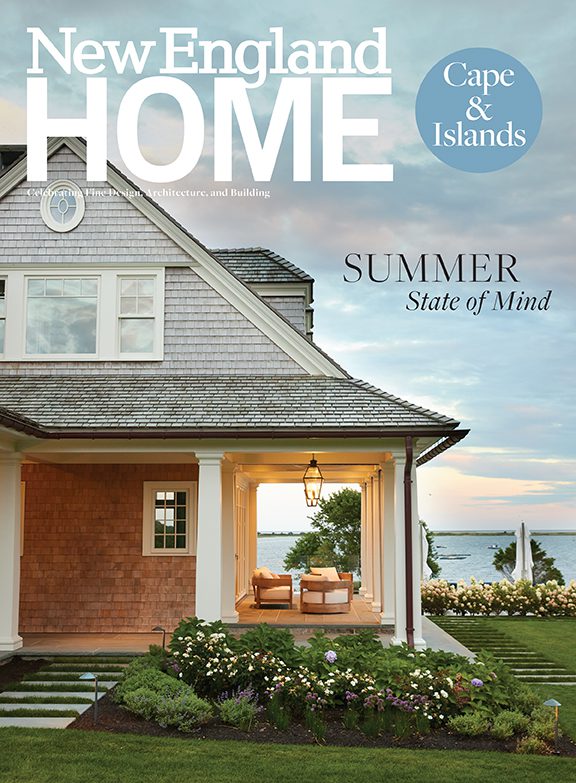
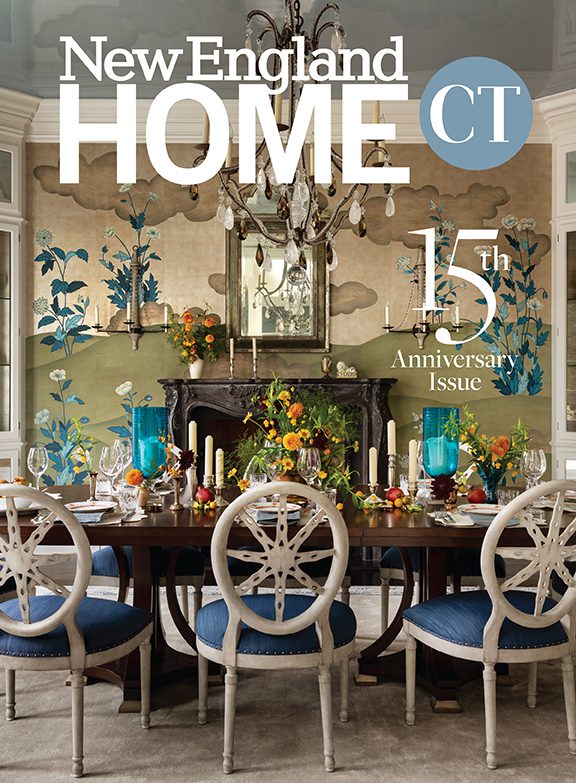

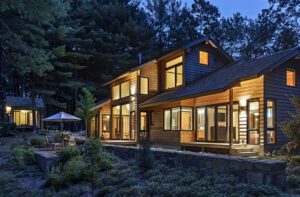
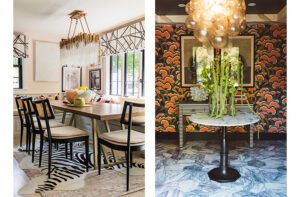
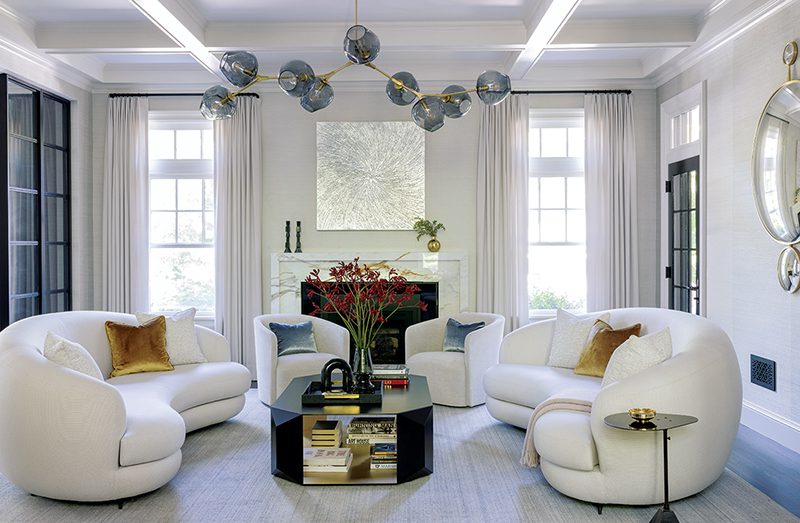
You must be logged in to post a comment.